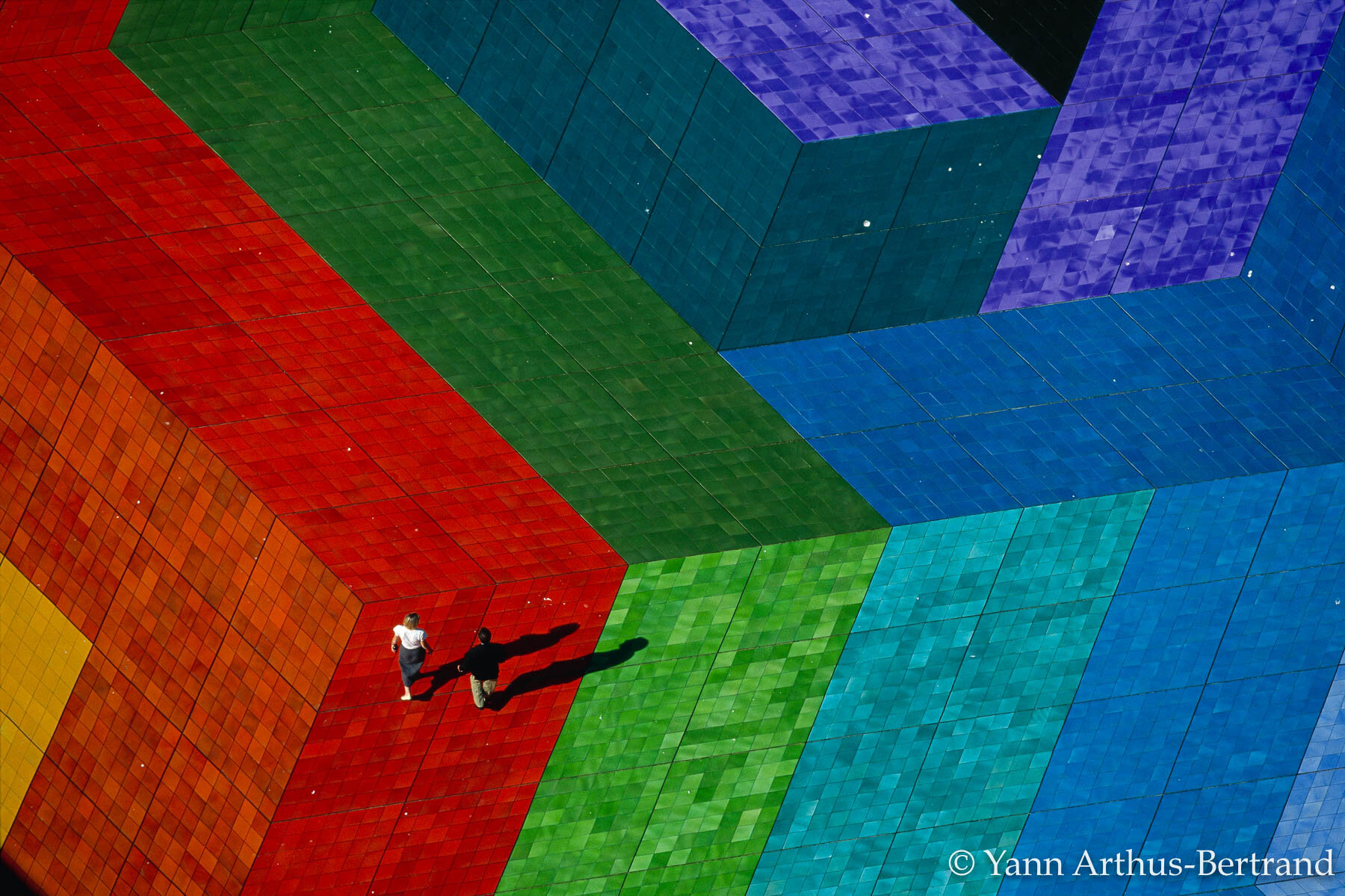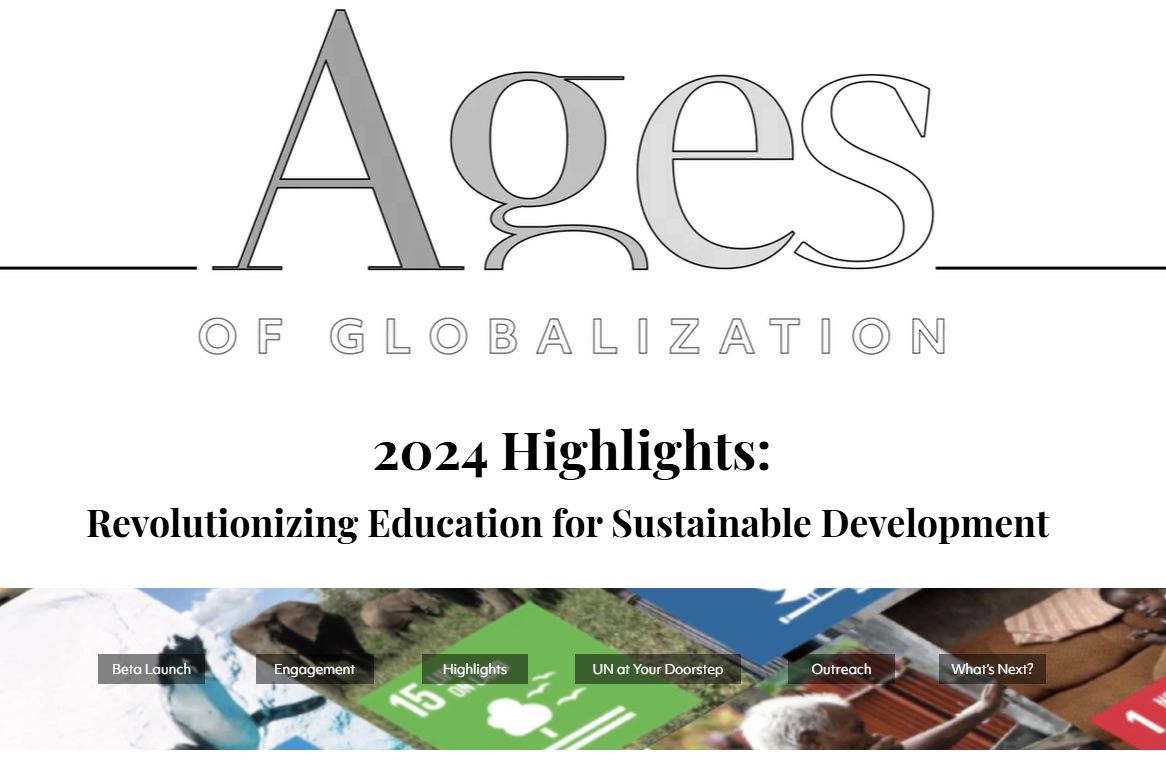
Mission 4.7 brings together leaders from government, academia, civil society, and business to accelerate the implementation of Transformative Education around the world.
What is Transformative Education?
Transformative Education is an umbrella term that encompasses the common objectives and methodologies of the types of education outlined in SDG Target 4.7, including education for sustainable development, global citizenship education, environmental education, climate education, peace and human rights education, and others. Transformative Education delivers not only the knowledge, but also the competencies, values, and skills necessary for current and future generations to achieve the goals outlined in the 2030 Agenda and the Paris Climate Agreement. Transformative education applies to learners of all ages and levels.
Mission 4.7 will build on and draw upon UNESCO’s global leadership on Education for Sustainable Development (ESD) and Global Citizenship Education (GCED), as mandated by its Member States and the UN General Assembly, respectively, as well as on its responsibility for the monitoring of SDG Target 4.7. Mission 4.7 will ensure alignment with UNESCO’s global frameworks and conceptualizations, and complement existing programs already underway in this context.
In addition to advocating for the achievement of SDG Target 4.7 at global, national, and local levels, Mission 4.7 will also curate and create relevant educational resources, push countries for greater investments in quality education, and identify ways to train and support educators around the world.
December 20, 2024
2024 Highlights: Revolutionizing Education for Sustainable Development
We invite you to explore the Ages of Globalization 2024 Highlights for a closer look at the incredible achievements we’ve reached together — milestones made possible through the collective efforts of our vibrant community.
About Mission 4.7
Sustainable development is the most urgent challenge of our time. The current global economy produces tremendous wealth, but it also produces tremendous inequality, social exclusion, and environmental destruction. In 2015, all 193 Member States of the United Nations adopted Agenda 2030 and its 17 Sustainable Development Goals (SDGs), a universal and interdisciplinary framework to promote prosperity, people, and planet. It calls for a drastic shift in the way that governments and society pursue economic development, while accounting for development’s effects on social inclusion and the environment. For sustainable development to occur—and it must occur if we are to have a fair and just society for everyone—then everyone must be prepared to play their part in bringing about the necessary reforms.
To achieve the SDGs, every individual must acquire the sustainable development knowledge, global citizenship values, and 21st century skills critical to tackling our shared challenges and to promoting a future of equitable, inclusive, and resilient societies. Education is a crucial enabler of this transformation. It is the basis for cultivating the best in ourselves and our communities, and is the key for learning to live together and work together for a better world.
Transformative Education provides learners with knowledge to promote social inclusion, find peace and cooperation, and raise awareness of how to protect our societies from emerging diseases, human-induced climate change, loss of biodiversity, and large-scale pollution. In the wisdom of Agenda 2030 and the SDGs, the entire world has endorsed the concept of building a just world through education. The remarkable SDG Target 4.7 shows us a powerful way forward:
“By 2030 ensure all learners acquire knowledge and skills needed to promote sustainable development, including among others through education for sustainable development and sustainable lifestyles, human rights, gender equality, promotion of a culture of peace and non-violence, global citizenship, and appreciation of cultural diversity and of culture’s contribution to sustainable development.”
Mission 4.7 was launched to put into global practice this bold vision. We underscore that the world must become more prosperous, inclusive, and environmentally sustainable. The world has only until 2030 to fulfill the promise of the SDGs. To do so, current and future generations need to be equipped not just with technical knowledge and skills, but with a deeper understanding of the values needed to forge a peaceful and sustainable future.


